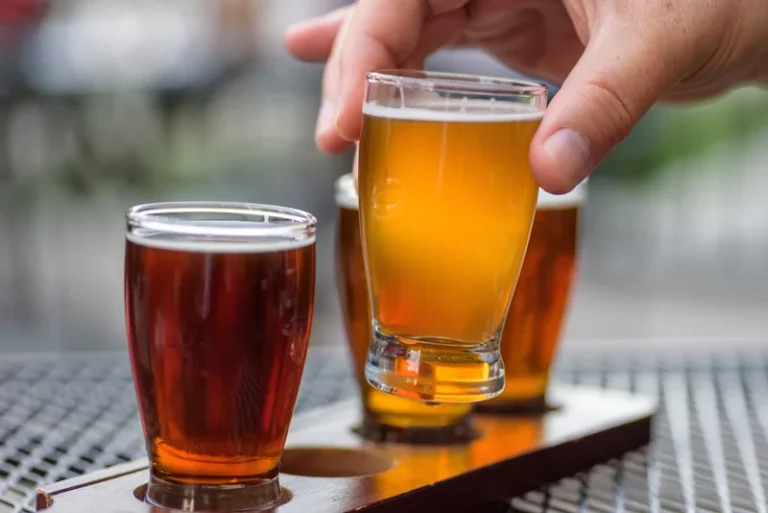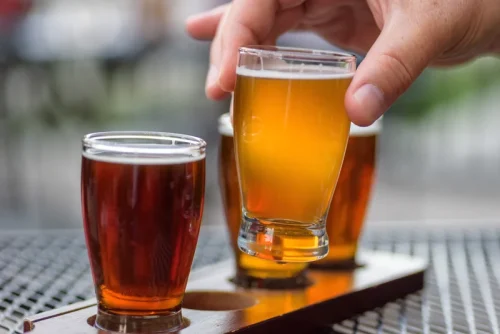
They’ll help you create a diet that addresses your unique health situation, weight, and personal diet needs. Ask your doctor for a referral, or contact your local hospital, community health center, or university. There are holistic addiction treatment centers and substance use treatment programs that emphasize nutrition education, too. Chronic alcohol intake can lead to diminished calcium, magnesium, Alcoholics Anonymous iron, and zinc levels. As a dietitian, I like to promote “food first.” However, when our bodies are low on essential nutrients, the best way to replete those nutrients is with supplementation.

Start Your Journey to Recovery with Arista Recovery
A doctor or nutritionist knowledgeable about addiction can help develop an individualized plan tailored to the specific needs of each person in recovery. They may recommend further testing to determine any deficiencies that need additional supplementation. Taurine is an amino acid known to lower levels of acetaldehyde—a toxic metabolite produced when your body breaks down alcohol.
Understanding Nutrition’s Role in Alcohol Recovery

Magnesium supplements can improve cognitive deficits caused by chronic alcohol abuse by improving cerebral blood flow10. While people naturally produce some vitamins or receive them from healthy food, taking dietary supplements is a great way to deal with nutrient deficiency. Many individuals who drink large quantities of alcohol are deficient in vitamin B1, or thiamine.
Can You Die From Heroin Withdrawal?
Recovering alcoholics should speak with their healthcare provider or a qualified nutritionist to help determine which supplements are right for them. Call our helpline today to learn more about alcohol detox supplements or to find alcohol addiction treatment options near you for yourself or a loved one. While these are not necessarily treatments for alcohol withdrawal, they may help to support general well-being during the detox process and in early recovery. While there isn’t a one-size-fits-all solution for alcohol cravings, supplements can play an essential role in reducing them. Exploring the best supplements for alcohol cravings can help you overcome them and stay on the path to recovery. In fact, it is estimated that an alcohol abuser typically gets 50 percent or more of total daily calories from alcohol.
Clinical trial explores the power of psilocybin to treat depression
Some vitamins can provide significant benefits to counter some of the adverse effects of drinking. In addition to supplements for alcohol cravings, there are several prescription medications that can help you cut back or quit drinking. Naltrexone can help retrain your brain to best vitamins for recovering alcoholics be less interested in alcohol over time, while acamprosate, baclofen, gabapentin, and topiramate can all help reduce cravings for alcohol. Learn more about medications for alcohol cravings, and other ways to round out your support system in recovery.

The Multiple Pathways Approach to Addiction Recovery
- In fact, a study in 1982 reported that 100% of patients admitted for depression were deficient in vitamin B2.
- In fact, it is estimated that an alcohol abuser typically gets 50 percent or more of total daily calories from alcohol.
- B vitamins are critical for energy production, brain function, and nervous system health—all of which are often depleted by alcohol and drug use.
- I know which vitamins work for me as tools, buffers, or lines of defense against stress, insomnia, and poor health.
- If you have been drinking to excess, be sure to educate yourself about how exactly alcohol causes nutrient deficiencies.
- Group-based nutrition classes and education about healthy choices can further reinforce positive dietary habits.
The addiction recovery process can be filled with many ups and downs… Explore substance use treatment plan facets and build a strong foundation for addiction recovery in Kansas. Drinking dandelion tea regularly can support your liver’s detoxification efforts. Fiona Kennedy is an editor and content manager who earned her Master of Arts degree from the University of Edinburgh, followed by completing the CELTA Cambridge teaching course in English. Coming from a family deeply involved in the rehabilitation and support of those suffering from addiction, she is passionate about helping people to understand and take control of their dependences. Fiona’s other passions include travelling and taking part in community projects.

